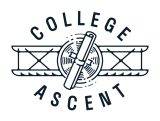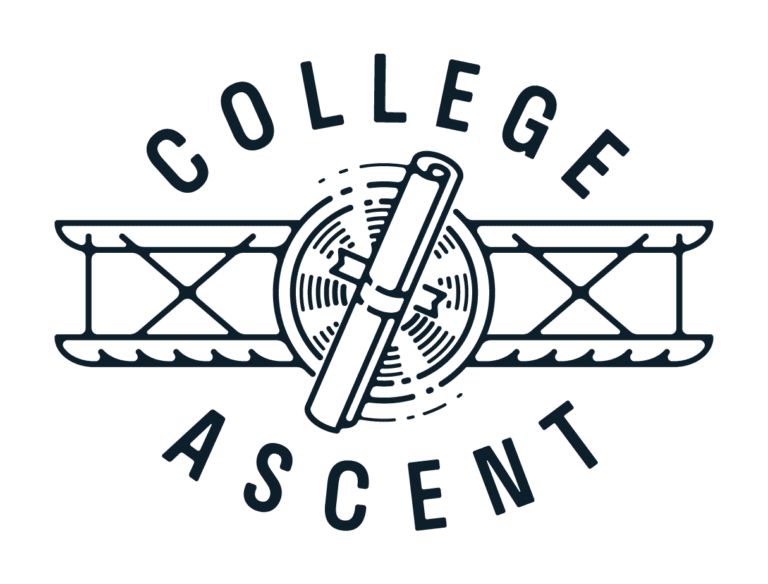The college application process is not the same as it was a decade ago. The implementation of the Common and Coalition Applications makes it easier to apply to multiple schools – but also more difficult to stand out. NYU reported in February that it received over 85,000 applications for an enrollment class of 6700! Additionally, with costs of post-secondary education skyrocketing, the up front planning for the right fit socially, academically, and financially is now more important than ever.
This is where certified Independent Education Consultants come in. A 2009 study by the NRCUA (National Research Center for College and University Admissions), found that over 26% of “high achieving” high school seniors are now hiring Independent Education Consultants (IECs) for their search and application process. Today, this number is significantly higher. Families have begun to understand that IECs complement the work of the school guidance counselor.
High school counselors, due to budget limitations, don’t have the available hours or resources to spend unlimited amounts of time with each student. The National Association of College Admission Counseling (NACAC) reported in 2018 that the average US high school counselor is responsible for 470 students and only spends 21% of their time on college advising. On average, a typical high school student will spend only 38 minutes with their counselor over 4 years.
So, what is the IEC difference? Independent consultants often spend over 40 hours with students when they begin to work together during freshman year. IECs are also flexible and can meet with families outside of school hours, often scheduling around extracurricular activities and work responsibilities. The IECA (Independent Educational Consultants Association) reports that students who work with an IEC have some unique outcomes; they are more likely to attend private, non-profit colleges where there is often more scholarship aid available, they are three times more likely to attend college out-of-state after considering a wider range of options, and they apply to more schools (on average, 8-10) in order to compare acceptance offers.
IECs not only have the resources and expertise to help students identify colleges that offer the best fit, but they have extensive knowledge of which schools are more likely to have generous financial aid packages. IECs also work closely with students who have learning differences or are working in high school under an IEP and need to find a campus that offers similar support.
If streamlined processes, stress-free college planning, deadline tracking, and insight into financial aid opportunities appeal to you and your student, give me a call to set up your free initial consultation.
Want to read more? Check out this article: College admissions counselors: Weighing the price



